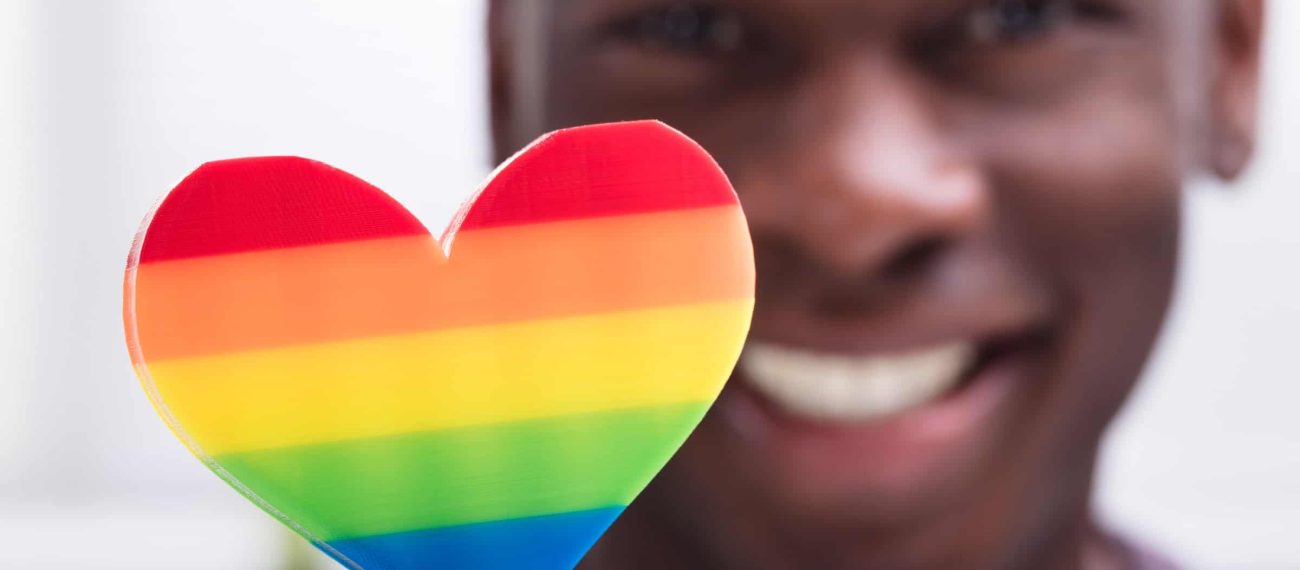Black/African American and Hispanic/Latino gay and bisexual men are among the most affected by HIV, according to new data from the CDC.
Gay and bisexual men accounted for about 66% of new HIV infections in 2019. From 2010 to 2019, new HIV infections declined in white gay and bisexual men, but infections remained higher or relatively stable among Black/African-American and Hispanic/Latino gay and bisexual men. Social and structural barriers such as systemic racism, stigma, discrimination, homophobia, poverty, and homelessness can make it difficult to access HIV testing, care, and prevention services.
Only 27% of Black, 31% of Hispanic and 42% of white gay and bisexual men who could have benefitted from HIV preventative medications (PrEP) used it in 2017. About 2 in 3 Black or Hispanic gay and bisexual men with HIV were virally supressed in 2019, compared with about 3 in 4 white gay and bisexual men.
There have been significant advances in HIV prevention and treatment but missed testing opportunities in healthcare settings are preventing some gay and bisexual men from knowing their HIV status and benefitting from these advances. More HIV testing is needed to prevent new HIV infections and improve the health outcomes of gay and bisexual men with HIV.
- Gay and bisexual men who test negative can benefit from pre-exposure prophylaxis (PrEP). PrEP is highly effective in preventing HIV when taken as prescribed.
- Gay and bisexual men who learn they have HIV can start and stay on HIV treatment, get the virus down to an undetectable level (become virally suppressed), live long and healthy lives, and prevent sexual transmission to others.
Innovative and culturally strategies that address gay and bisexual men’s needs can reduce barriers and keep men from knowing their HIV status and receiving HIV prevention and treatment services. The CDC recommends that HIV service providers consider:
- Implementing programs to give HIV self-testing kits to gay and bisexual men who may not have access to in-person testing services.
- Adapting Ryan White program service models to other settings where comprehensive care and other support services are provided to gay and bisexual men with HIV. This includes enhanced collaboration with local partners and increased community engagement, effective data collection, and provider training.
- Making PrEP more available, especially for Black/African American and Hispanic/Latino gay and bisexual men, so that everyone who may benefit from it can get it.
- Engaging gay and bisexual men in HIV care (a status-neutral approach) to reduce stigma and racial barriers and help men receive HIV services regardless of their status.
- Addressing the root causes that drive inequality, including systemic racism, stigma, discrimination, homophobia, poverty, homelessness, and unequal access to care and prevention services.
Addressing HIV service inequities by race, sexual orientation, and socioeconomic status and tailoring strategies to meet the needs of local communities and reach the most affected groups, especially Black/African American and Hispanic/Latino gay and bisexual men, can help end the HIV epidemic.
Learn more on the CDC’s website.
Find HIV testing and treatment sites in Memphis in our directory.
